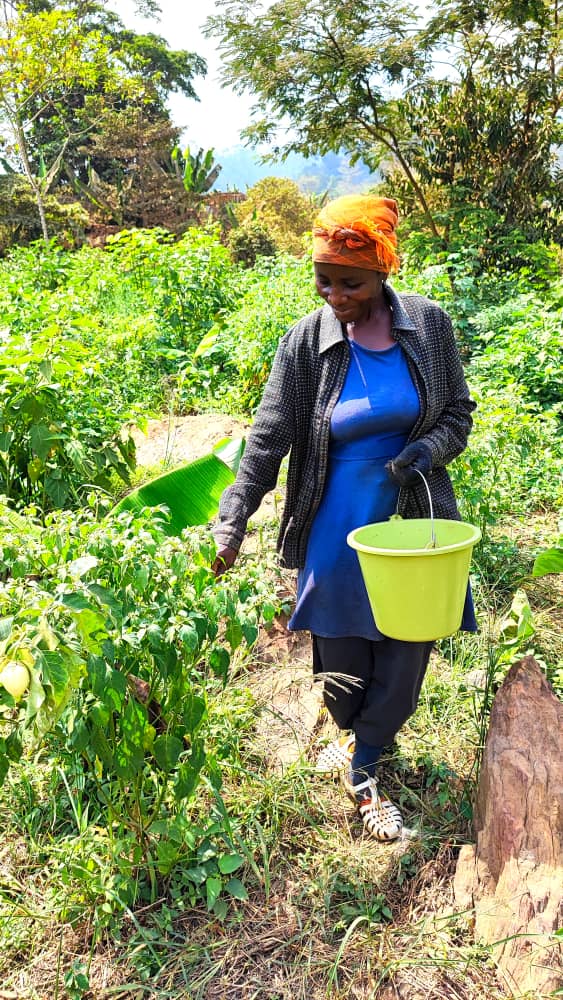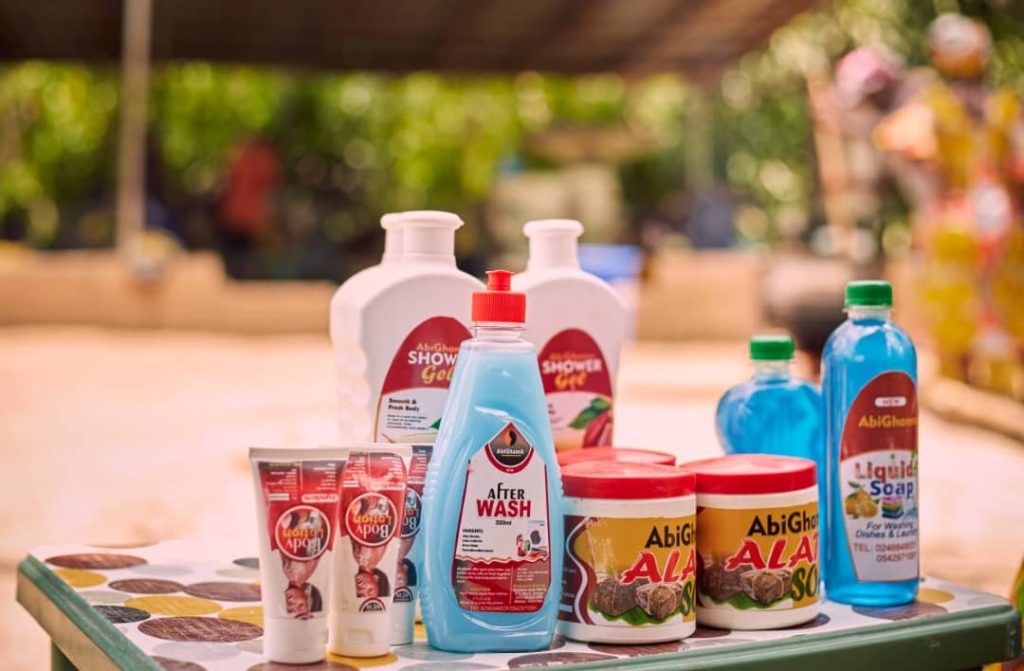Accra, June 27, GNA— Solidaridad has ended the first phase of the Cocoa Life Programme with a series of engagements in programme communities and districts across the Eastern region of Ghana.
The five-year Programme, implemented between October 2018 and December 2023, focused on supporting cocoa-growing communities to strengthen their capacities.
A statement issued in Accra by Solidaridad said it was to achieve their long-term goals geared toward driving their economic development and prosperity.
It said that funded by Mondelēz International, the Programme successfully trained 10,409 cocoa farmers in good agricultural practices, resulting in higher yields.
The statement said the introduction of additional livelihood options, such as bead making, pastry making, soap production, and vegetable production under the Programme, created employment opportunities for participants.
It said about 4,139 (42.9 per cent) cocoa farmers were practising at least one of the additional livelihood activities, while 1021 (53.3 per cent) women, who participated in the training in additional livelihoods have started or expanded their enterprises.
Additionally, 9,379 (97.2 per cent) of Cocoa Life households reported having sufficient access to food throughout the year.

The statement said 9,176 farmers in the Cocoa Life communities had subscribed to farmer organisations/cooperatives and are active members.
“This has increased their access to resources as well as capacity building opportunities, financial resources and credit facilities, and enhanced market opportunities, amongst others,” he added.
It said 1,015 (53 per cent) women in Cocoa Life communities had taken up leadership and decision-making roles within their communities and farmer organisations.
It said as of last 2023, farmers in the Cocoa Life communities were recording an average yield of one metric tonne per hectare.
“As a result, the farmers have recorded a 50.4 per cent increase in their average annual cocoa income per hectare,” the statement said.
The programme also supported 206 community development initiatives as outlined in the community action plans developed by the local communities. Additionally, 70 per cent of these plans have been integrated into the medium-term development plans of various district assemblies.
Since January 22, 2024, Solidaridad has been engaging programme stakeholders in all 122 Cocoa Life communities as well as the four districts to take stock and solicit feedback on the programme’s impact.
It was also to distil invaluable lessons directly from project participants (farmers, women, men, youth and children).
It sought to identify areas for improvement in future interventions, disseminate key findings to the communities and discuss avenues for sustained collaboration.
At the inaugural district close-out, held on 9 February 2024, at the New Juabeng Municipal Assembly, Mr Kwame Boadi Apau, Programme Manager for the Cocoa Life Programme expressed gratitude to the stakeholders for their invaluable support.

“Solidaridad under phase one of the Programme, worked on two of the intervention areas — sustainable cocoa farming business and empowered cocoa communities,” he said.
He said through these interventions, farmers have gained knowledge and skills to improve their productivity and livelihoods.
“Communities have been empowered to initiate community projects and the next generation of cocoa farmers have also been inspired and equipped. Without your support, the remarkable results we have attained would not have been possible,” he said.
Mr Apau emphasized the importance of collaborative efforts among community members and farmer unions to ensure the sustainability of cocoa farming, particularly in light of the region’s peri-urban dynamics.
He also highlighted Solidaridad’s ongoing engagements with key stakeholders to address pertinent challenges.
Nana Bekoe Bismark, Chief of Mpaem, said, “The training sessions on good agricultural practices, leadership, community development and financial literacy, amongst others, have greatly improved the lives of cocoa farmers and empowered our communities.”
Mr Samuel Asiedu, a 61-year-old Cocoa farmer from Esaase, who shared the impact of the Cocoa Life Programme in his life, said through the coaching sessions on good agronomic practices, he was able to double his cocoa farm yields (from 1,280kg to 2,560kg) within two years, propelling him to financial stability and enabling him to support his children’s education.
“2019 was a tough year for me because I could not harvest more Cocoa from my 5-acre cocoa farm. Through the farmer coaching, I got to know that fertilizer and pesticide application at the right time, pruning, diseases and pest control will help improve my yields,” Mr Asiedu added.
Mr Patrick Newman Kortey, a young Cocoa Farmer, who has now become an entrepreneur and an inspirational leader to small-scale farmers, his life took a significant turn when he joined the Cocoa Life programme in 2019, where he benefited from additional livelihood training.
From grasscutter farming to fish farming, Kortey has diversified his income streams and become an advocate for sustainable farming practices.
Today, Patrick boasts of four fish ponds which can stock up to 7,000 fingerlings. He makes up to 4,200 Ghana cedis (371.68 dollars) from the sale of unprocessed and processed fish. He is currently also engaged in snail rearing.
“This programme has really improved my income and standard of living. I am now able to take good care of my family and provide quality education for my three children,” he said.
Madam Rose Eyisibea, another beneficiary said she leveraged the training to cultivate vegetables, significantly augmenting her income and enhancing her quality of life.
“I earn 500 Ghana cedis a week from selling my produce. I would not have believed it if someone told me I could make so much from farming garden eggs and pepper. The income I made was more than what I earned from my cocoa farm during my last harvest,” she said.
GNA